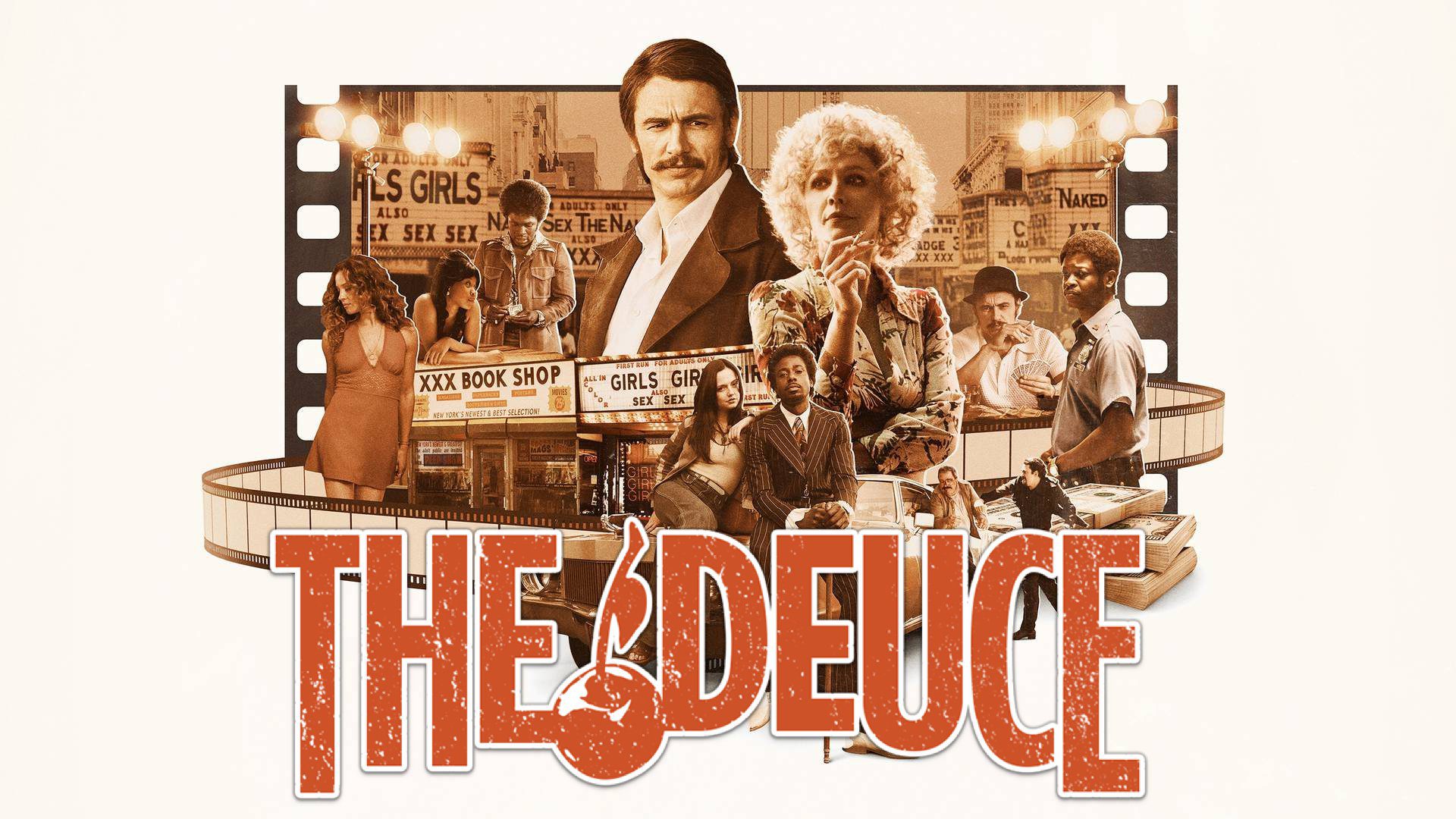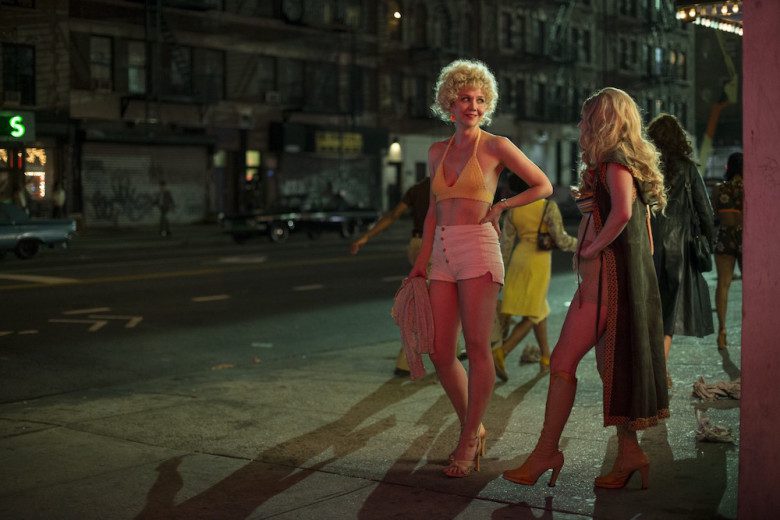There’s an old saying in the TV business. It goes: David Simon is really damn good at making TV shows. His magnum opus, The Wire, is often (and rightfully) hailed as one of, if not the best, shows ever made. Since then, he’s had some missteps – John From Cincinnati – but as 2015’s Show Me a Hero proved, he’s lost none of his storytelling prowess. His careful attention to detail, his innate humanity, and his facility for dialogue, character, and world-building are all on display in his newest offering The Deuce, which he co-created with novelist George Pelecanos. Simon’s approach to The Deuce will look familiar to longtime fans of his work, albeit in an incredibly pleasing way. The show never feels predictable, and it hums and crackles with authenticity and life. It’s one of the best new shows of the year.
Like Show Me a Hero or The Wire, The Deuce is pretty light on plot. Simon and Pelecanos – along with episode director Michelle Maclaren, a veteran of prestige TV – are more interested in building a world, and at its best, “Pilot” plays like a snapshot come to life. The costumes, the locations, even the requisite ’70s facial hair – none of it feels manufactured or scripted, it feels found, as if HBO found a commune of people still living, The Village-style, as if it were the 1970s, and chose to film a documentary about their lives.
Of course, without a strong cast, this would just be an exercise in picture-painting. Luckily, The Deuce has one of the strongest ensembles on TV right now. The lead, if this can be said to have one, is bartender Vinnie Martino, played by James Franco, who also plays Vinnie’s twin brother, the incorrigible gambler Frankie (in a nice running gag, Vinnie is constantly mistaken for Frankie, leading him to tell people that Frankie shipped off to Vietnam to escape his debts). One actor playing twins is nothing new – look at Orphan Black, Fargo, or Netflix’s What Happened to Monday – but Franco nevertheless runs away with the role.
He’s an incredibly “big” actor, in that he brings a lot of his own daffy personality to his roles, but he admirably tones down his usual mannerisms and finds a home in the role of Vinnie (Frankie, seen less, is a little more of a traditional Franco character, but it works in concert with Vinnie because Franco can play off himself very well). Franco is natural and restrained, eschewing actorly tics in order to turn in a grounded, well-developed performance. He’s arguably the biggest-name actor in this cast, but he blends into the ensemble with ease. Franco at his best – 127 Hours, Spring Breakers, 11.22.63 – makes for an unusually pretty everyman, and Maclaren finds a way to channel all of his kinetic being into something more toned-down but never dull. Forget the gimmick of playing twins; Franco has the opportunity here to turn in one of the year’s best performances.
The other big-name actor in the cast is Maggie Gyllenhaal, here playing a self-employed prostitute named Eileen, who goes by Candy. Candy is incredibly exciting to watch; smart and self-reliant, one of her best scenes is when she refuses an offer (not her first) from a pimp to add her to his stable. “No one makes money off my pussy but me,” she spits, but not in a rage; she sounds more resigned at having to have this same conversation over and over. Gyllenhaal plays Maggie not like the cliché prostitute with a heart of gold, but like an entrepreneur, who explains to a young client that what she does is a job and she can’t go around handing out discounts (she employs a terrific analogy about a car dealership). As an actress, I’ve always found Gyllenhaal hit-and-miss; she’s great in Secretary but overacts every third or fourth line in The Dark Knight. She seems to really hit her stride with characters like Candy.
The plot isn’t hugely important in “Pilot,” and even with a 90-minute premiere, there wasn’t that much of it. We see Lori (Emily Meade) get off the bus from Minnesota and immediately get recruited to work the streets, all while giving hints that she’s far more savvy than people will give her credit for. Abby (Margarita Levieva) sleeps with her professor, then starts speaking in Latin as if to tell him and us that she doesn’t need to trade sex for grades. Later she will be arrested buying speed for her friends, which causes her to meet officer Chris Alston (Lawrence Gilliard, Jr.) and, later, Vinnie.
There’s a pimp named Cici who approaches Lori with a friendly façade and the promise of a meal; in the episode’s last scene he’s taking a straight razor to a girl who doesn’t want to work in the rain. Stalking down a hotel hallway, he nods to Franco: “Vincent.” Vinnie is there with a woman who isn’t his wife. No one is innocent, or even fully guilty, in the world of The Deuce, and the familiarity with which Cici address Vinnie – backed by the knowledge that Vinnie’s knowledge of Cici’s act of violence will bear no ramifications – is an apt way to visualize the way lives intersect on the street level. It’s one thing to serve someone a drink while you know he’s a pimp; it’s another to hear the screams of a woman enduring his ministrations.
It should come as no surprise that The Deuce is remarkable. “Pilot” was an inordinately promising episode of television, one that built a world and immediately draws you into it. Plot is secondary, but that doesn’t matter; when your characters are this well-drawn and well-acted, plot can take a hike.
4.5/5




